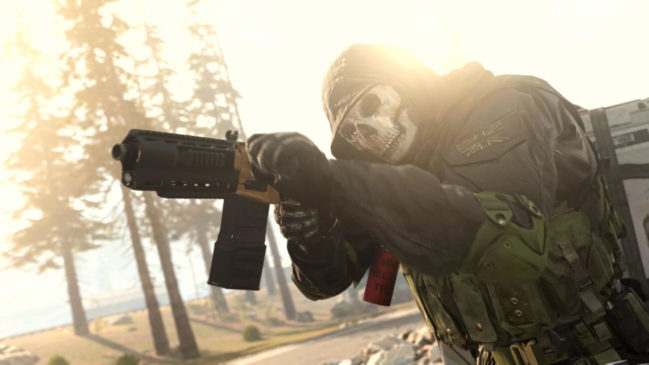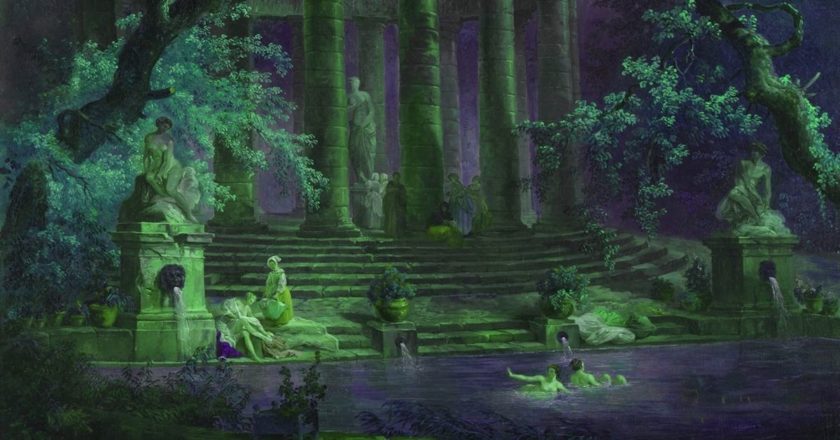- Warzone players reckon birds might give away enemy positions.
- A video posted on Reddit appears to show a flock of birds dispersing as a player approaches.
- There’s a debate over whether this is coincidental or an intentional mechanic designed to discourage campers.
An unlikely savior may be about to rescue Call of Duty: Warzone from the ever-present scourge of campers – birds.
Yes, that’s right. The pixelated, digital versions of our avian friends flapping their wings to escape the cacophonous trudge of military-grade boots can give away an enemy’s position.
Call of Duty: Warzone Anti-Camper Mechanic?
Or, at least, that’s the latest theory from a Redditor over on the Warzone subreddit. With audio-visual proof to substantiate their claim, Redditor Noahthegoofy reckons birds will flap up in small flocks when a player is in the vicinity.
As the short clip in the link above demonstrates, a dozen birds appear to crest the top of a hillock, followed closely by an enemy player.
We could be looking at the latest anti-camper mechanic in Warzone. It would certainly help explain the latest hefty 30 GB update.
On the other hand, this could be nothing more than Warzone firing off a chance, atmosphere-setting animation. Through sheer coincidence, it happens to aligns with an enemy’s position.
The Jury Is Still Out
Over on Reddit, one bunch is quietly confident that this is a new way to spot players. Others are more skeptical. Some suspect the birds are merely flying away from the approach of Warzone’s gas cloud.
I want to believe in the bird hype, but are we sure this isn’t just what happens when the gas comes in?
Other skeptics point to a dose of good old timing to explain the video.
I have watched the same area and same flock of birds and their animation spawn and fly off without any enemies present. So I think this is just good timing for you, and a random bird animation that hosed ole boy.
Either way, don’t be surprised if you catch a few players staring intently at the skies when you next jump into Call of Duty: Warzone.
This article was edited by Josiah Wilmoth.




